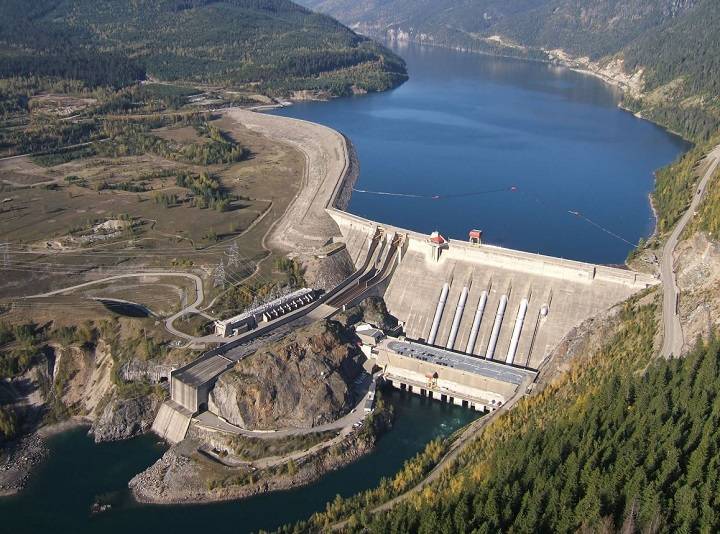BC Hydro said an unprecedented drop in power demand as a result of COVID-19 is forcing them to look at their operations and take necessary action to avoid potential flooding risks, as well as impacts to the environment and their infrastructure.
Filing a new report entitled, ‘Demand dilemma: How BC Hydro is responding to declining load and operational challenges resulting from COVID-19,’ BC Hydro found there has been nearly a 10% drop in demand for electricity.
More: BC Hydro Report “Demand Dilemma” (BC Hydro)
“This drop in demand, as well as the spring snowmelt means we have to take some immediate steps just to ensure that we can avoid potential flooding risks, as well as impacts to our infrastructure in the coming months and over the next year,” Tanya Fish told MyEastKootenayNow.com.
BC Hydro said with the pandemic having a significant impact on the B.C. economy, electricity demand could drop to 12% by April 2021, which would be more than double the decline following the recession in 2008.
In their report, BC Hydro examined that high inflows from the spring snowmelt, a decrease in power demand, and a limited market to export their power has created a large surplus in their system.
“Typically, when BC Hydro has surplus power in its system, its trading subsidiary Powerex will export electricity to other jurisdictions; however, the reduced load in other jurisdictions is also reducing demand for exports from British Columbia, which is particularly problematic in the spring freshet,” said BC Hydro in the report.
BC Hydro noted that the majority of the Independent Power Producers (IPPs) they have agreements with are producing the most amount of energy at this time of year, which accounts for approximately 29% of BC Hydro’s total power generation.
As a result of the challenges, BC Hydro is taking the following measures immediately:
- Shutting down operations at some of its smaller plants to reduce generation
- Spilling water at its facilities, including Seven Mile and Revelstoke, to balance generation and the province’s electricity load in real-time when needed
- Reducing generation from other sources, including invoking provisions within its contracts with some of its large IPPs to reduce power purchases during the spring
- Powerex – BC Hydro’s trading subsidiary – will export electricity to other jurisdictions
“The COVID-19 pandemic has created an extraordinary situation with our system that we’re working to address,” said Chris O’Riley, BC Hydro President and CEO.”We’re confident that through these measures, we’ll be able to avoid the public safety and environmental risks that would be created by excessive spilling at our facilities.”
Fish further confirmed to MyEastKootenayNow.com that three smaller generating plants will be shutting down and will be closely monitored over the coming months to see if they can bring them back online or further close additional facilities. Fish said they needed to take immediate action to protect the public from potential flooding risks and ensure their reservoirs don’t reach maximum capacity.
“We need to take these steps now to ensure that the spilling isn’t prolonged,” added Fish. “We also need to ensure that there’s space in our reservoirs to ensure that they can handle additional inflows from the snowmelt as well as any significant rainfall events that might occur, which could lead to flooding risks.”
Seven Mile and Revelstoke will be spilled to ensure they don’t reach capacity but Fish said they are exploring to see if they will have to spill at other facilities as well.




